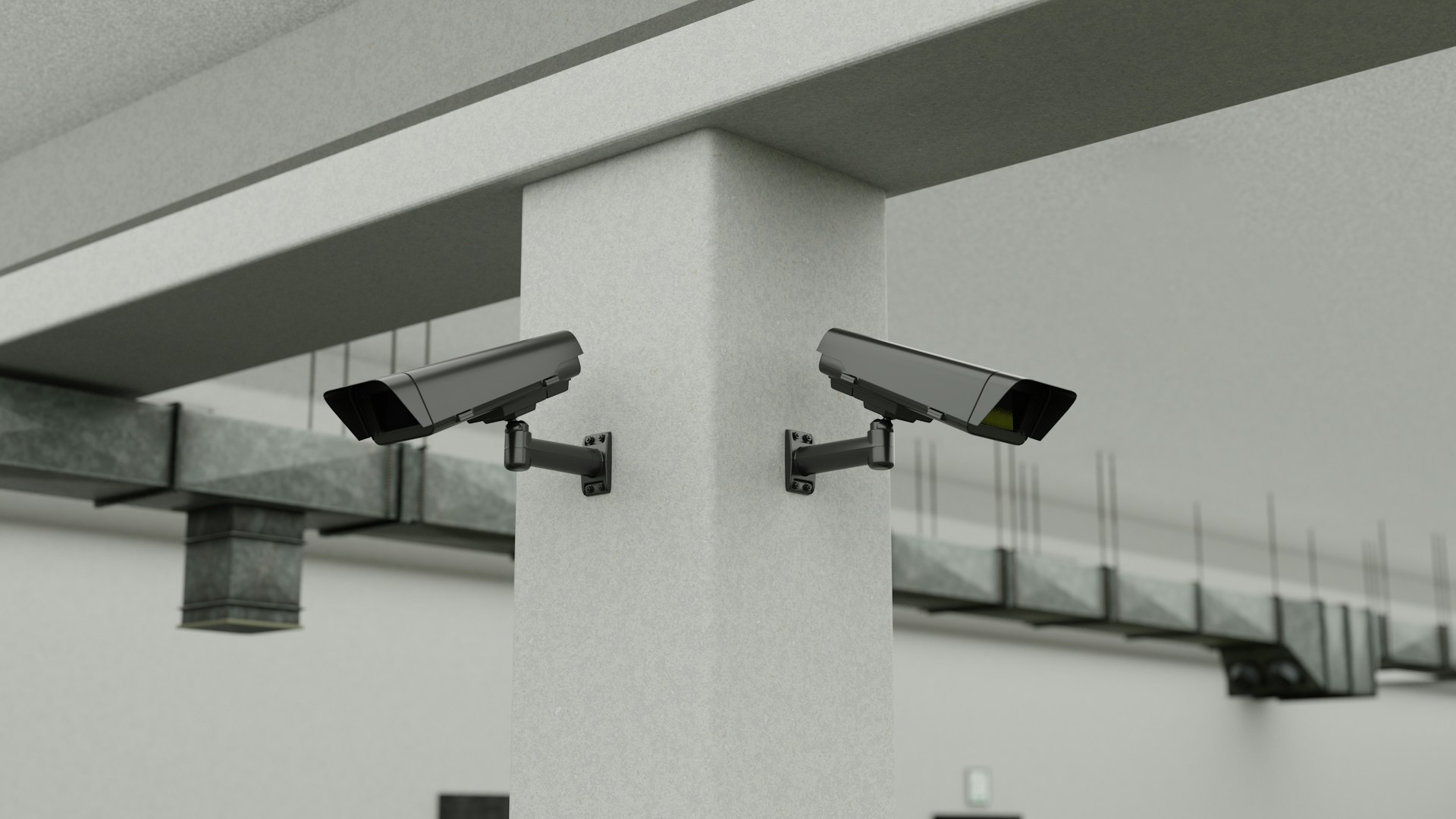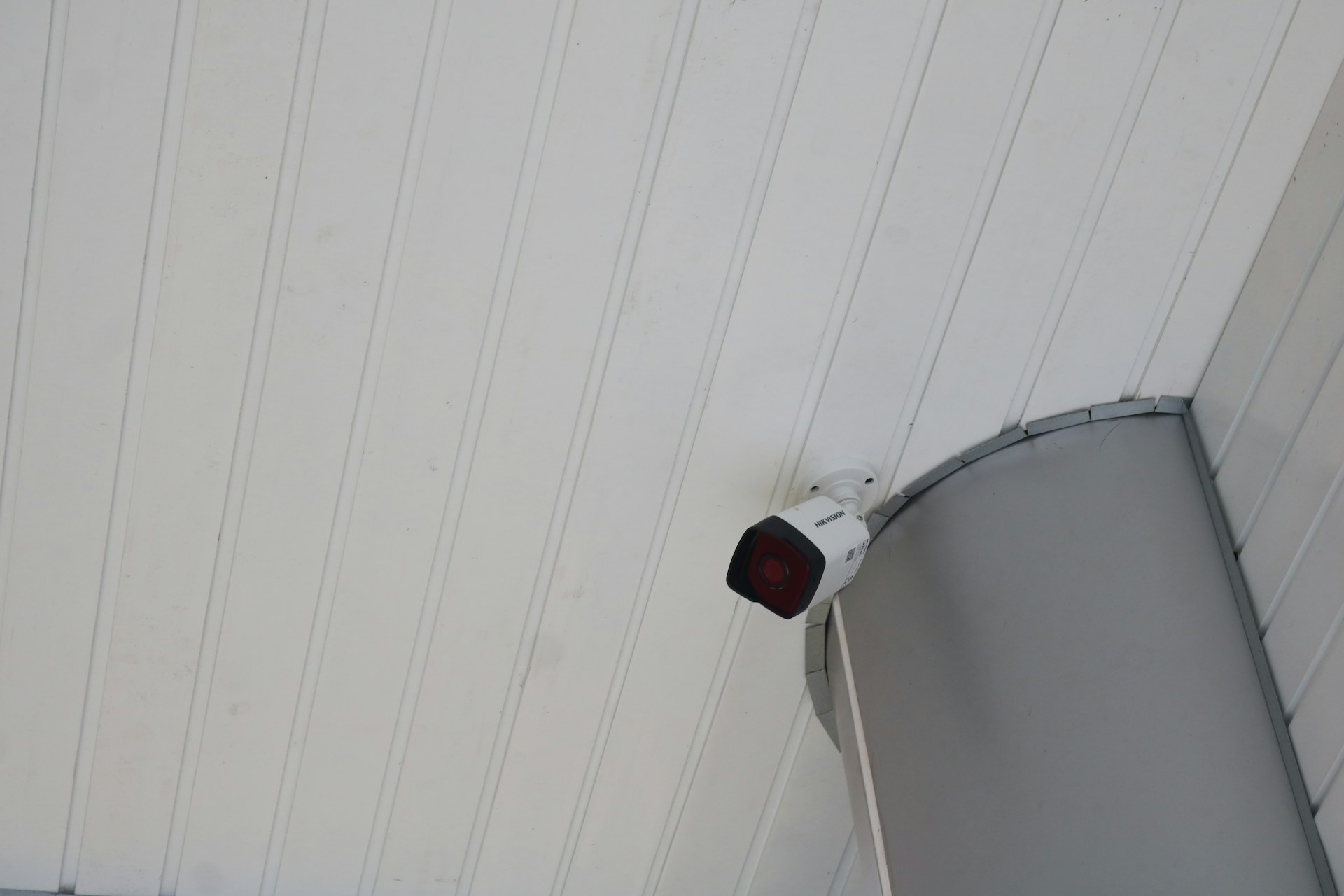If you're responsible for ensuring safety in your building, understanding the importance of a fire alarm compliance certificate is crucial. This certificate verifies that your fire alarm system meets the necessary local codes and safety regulations, ensuring the protection of your property and its occupants. Without it, you could face fines or increased liability in the event of an emergency.
Obtaining a fire alarm compliance certificate not only demonstrates your commitment to safety but also assures potential clients and tenants that you prioritize their well-being. In the greater Houston area, this certificate serves as a vital component in maintaining operational standards for businesses and residential properties alike.
Staying compliant with fire safety regulations can seem daunting, but knowing the steps to secure your certificate makes the process manageable. By following proper procedures and engaging with certified professionals, you can confidently navigate fire alarm compliance and protect what matters most to you.
What Is a Fire Alarm Compliance Certificate?
A fire alarm compliance certificate verifies that your fire alarm system meets required safety standards and regulations. This document is essential for ensuring that your systems operate correctly and comply with local codes.
Purpose of the Certificate
The primary purpose of a fire alarm compliance certificate is to ensure safety. It demonstrates that your fire alarm system has been installed, inspected, and tested according to established safety codes, such as NFPA 72.
Having this certificate provides peace of mind for property owners, tenants, and emergency services. It indicates that the system is functional and ready to alert occupants in case of a fire. Additionally, the certificate can be a requirement when obtaining insurance or during property transactions.
Types of Fire Alarm Compliance Certificates
Various types of fire alarm compliance certificates exist, each serving specific functions within the fire safety landscape. Common types include:
- Installation Certificates: Verify that a system has been correctly installed.
- Inspection Certificates: Confirm that a system has been inspected and found compliant with safety standards.
- Testing Certificates: Demonstrate that regular testing has been conducted, ensuring ongoing functionality.
Understanding which type of certificate you need is crucial for compliance. Depending on the local regulations, specific documentation may be required to maintain safety standards.
Legal Significance
A fire alarm compliance certificate holds significant legal importance for property owners. It serves as proof that you have fulfilled your responsibility to maintain a safe environment.
In the event of a fire incident, having this certificate can protect you legally. It can demonstrate that you took necessary precautions and complied with all safety regulations. Failure to obtain or maintain a compliance certificate can result in legal penalties and increased liability.
Regular audits and compliance checks help ensure your certificate remains valid, reflecting your commitment to safety within the greater Houston area.
Fire Alarm Compliance Requirements
Understanding the compliance requirements for fire alarms is crucial for ensuring safety in your property. These requirements revolve around established standards, the types of properties affected, and the necessary documentation.
Relevant Standards and Codes
In Australia, fire alarm systems must comply with the Building Code of Australia (BCA) and relevant industry standards such as AS 1851 for maintenance and AS 3786 for smoke alarms.
Compliance with these codes ensures that fire alarms operate effectively during emergencies. You must also ensure that your systems meet the National Fire Protection Association (NFPA) standards, particularly NFPA 72, which details installation, inspection, and maintenance practices. Always refer to local regulations as they may impose additional requirements.
Applicable Properties and Situations
Fire alarm compliance applies to various properties, including residential buildings, commercial establishments, and industrial facilities.
In homes, smoke alarms are typically mandated to be installed in key areas, such as bedrooms and hallways. For commercial properties, the type of alarm system can vary based on the size, occupancy, and specific use of the building.
The requirements expand in high-risk areas such as hospitals and schools, where systems should integrate with emergency response protocols to ensure maximum safety. Consideration of the building layout and occupancy type is crucial.
Mandated Documentation
Documenting compliance is essential for legal and safety audits. You are required to maintain records of inspections, maintenance, and testing of fire alarm systems.
This includes certificates from qualified professionals verifying that your fire alarms comply with local regulations. For example, a fire alarm testing certificate serves as proof that your system meets applicable safety standards.
It's essential to keep these documents readily accessible, as they may be requested during inspections or when selling property. Maintaining accurate records demonstrates your commitment to safety and compliance.
Installation and Certification Process
Ensuring fire alarm systems are properly installed and certified is vital for safety and compliance. This process involves qualified professionals executing specific steps to meet regulatory standards.
Qualified Professionals for Installation
To ensure adherence to fire safety standards, installation should be conducted by licensed electricians with fire alarm system expertise. These professionals possess the necessary certifications and knowledge of local codes, including those specific to the greater Houston area. It's essential to verify their credentials and experience in installing smoke alarms and fire alarms, as improper installation can lead to system failures.
Look for certifications such as NICET (National Institute for Certification in Engineering Technologies) or UL (Underwriters Laboratories) to guarantee the installer is qualified. Additionally, these professionals should understand the unique requirements of different buildings, ensuring systems are tailored for maximum efficacy.
Steps in the Certification Process
Once installation is complete, a systematic certification process is followed. Initially, the licensed professional must complete a Fire Alarm Installation Certificate. This document confirms adherence to local regulations and safety standards. After installation, the next step involves submitting this certificate to the building owner or posting it near the control panel.
It's also essential to maintain records of any modifications or maintenance performed on the fire alarm system. This promotes ongoing compliance and enhances readiness for future inspections. Regular audits may be necessary, and the certificate must be renewed periodically based on local regulations.
Inspection and Testing Procedures
To verify the operational efficiency of fire alarm systems, thorough inspection and testing procedures are required. A qualified electrician will conduct these to ensure all components, including smoke alarms, function correctly. Testing intervals typically follow the guidelines set by the NFPA (National Fire Protection Association).
During inspections, technicians check for signal responsiveness, battery functionality, and the integrity of wiring. Documentation of test results is crucial, as it may be requested during regulatory reviews. Ensuring these steps are completed may also assist in meeting insurance requirements and enhancing overall safety in your facility.
Key Roles and Responsibilities
Understanding the specific roles and responsibilities related to fire alarm compliance is essential for ensuring the safety and security of your property. Each party involved has critical tasks that contribute to the effective operation of fire alarm systems.
Property Owner’s Duties
As a property owner, you hold primary responsibility for maintaining a compliant fire alarm system. This includes ensuring that the system is installed correctly and functioning in accordance with local fire codes and regulations.
Regular inspections are crucial. You may need to schedule professional evaluations to verify that the installation meets compliance requirements. Keeping accurate records of maintenance activities helps demonstrate compliance during inspections.
In addition, you should educate yourself and your staff about fire safety procedures. Having an emergency plan and ensuring that all occupants are familiar with it is vital for response efficacy in case of an alarm activation.
Responsibilities of Electricians
Electricians play a pivotal role in the installation and maintenance of fire alarm systems. You should hire certified electricians familiar with fire safety codes specific to the greater Houston area.
Their responsibilities include proper system installation and ensuring that all wiring meets the required safety standards. This is crucial for preventing false alarms and assuring reliable operation during emergencies.
Electricians are also tasked with conducting routine testing and maintenance checks. They verify that all components, such as smoke detectors and control panels, are functional. This ongoing maintenance is essential for keeping your fire alarm system compliant with regulations.
Certification Authority Roles
Certification authorities are responsible for establishing and enforcing the standards that fire alarm systems must meet. They provide guidelines on system design, installation, and maintenance, ensuring that all aspects comply with legislative requirements.
You may be required to obtain a compliance certificate from an accredited authority. This certificate signifies that your fire alarm system meets all necessary safety standards and has been inspected appropriately.
Certification authorities also offer training and resources for both property owners and technicians. Engaging with these resources helps ensure that everyone involved has the knowledge needed to maintain compliance and enhance fire safety in your building.
Ensuring Ongoing Fire Alarm Compliance
Maintaining fire alarm compliance is essential for protecting lives and property. Regular upgrades, proper recertification, and understanding penalties for non-compliance are key to achieving this goal.
Upgrading and Maintaining Systems
To ensure your fire alarm systems remain compliant, regular upgrades are crucial. Technology changes rapidly, and older systems may not meet current safety standards.
Key points to consider:
- Regular Inspections: Schedule annual inspections to assess system performance.
- Smoke Alarms: Ensure smoke alarms are updated to meet the latest standards outlined in the Building Code of Australia.
- Professional Services: Engage certified professionals for installation and maintenance. This assures systems are properly set up and adequately monitored.
Utilizing modern components can enhance system reliability and functionality. Regularly replacing outdated devices with upgraded models reduces risks during emergencies.
Renewal and Re-Certification
Re-certification is a mandatory step for ensuring ongoing compliance. Many regions, including Houston, have specific timelines for how often recertification must occur, typically every one to three years.
Steps for re-certification include:
- Documentation Review: Ensure all installation and maintenance records are current.
- Testing Procedures: Conduct functional tests to verify all components operate correctly.
- Fire Alarm Certificate: Obtain a certification upon successful inspection to validate compliance with local codes.
Make sure to stay informed about local regulations that govern your fire alarm systems.
Penalties for Non-Compliance
Failure to comply with fire alarm regulations can expose you to various penalties. Understanding these consequences is vital for effective risk management.
Possible penalties include:
- Fines: Monetary penalties can be issued for non-compliance with local fire codes.
- Legal Action: In severe cases, legal action may be taken against you or your organization.
- Increased Liability: Non-compliance might increase liability in fire-related incidents, potentially impacting insurance claims.
Staying updated on compliance regulations helps you mitigate risks and maintain a safe environment.
Frequently Asked Questions
This section addresses specific inquiries related to fire alarm compliance certificates, focusing on requirements, certification processes, and regulations that are pertinent to various regions.
What are the requirements to obtain a smoke certificate in Massachusetts?
In Massachusetts, obtaining a smoke certificate requires compliance with state and local regulations. You'll need to submit an application along with any necessary documentation, including proof of property inspections and compliance with safety standards.
How can one become certified for fire alarm systems in New York City?
To become certified for fire alarm systems in New York City, you must complete a training program approved by the FDNY. After finishing the coursework, you must pass an examination to obtain your Certificate of Fitness.
What is the process to schedule a smoke inspection in Boston?
In Boston, you can schedule a smoke inspection by contacting the Fire Prevention Division. You will need to provide essential details about your property and availability, and they will arrange for an inspector to visit.
Are there any online courses available for fire alarm certification?
Yes, several organizations offer online courses for fire alarm certification. These programs typically cover necessary topics such as installation standards, safety regulations, and system maintenance, and they can prepare you for certification exams.
What are the new regulations regarding smoke detectors in residential properties?
Recent regulations mandate the installation of smoke detectors in all residential properties, including new requirements for interconnected systems. This ensures that all alarms sound simultaneously for greater safety in case of a fire.
What is the law concerning smoke detector installation in multi-family dwellings in Massachusetts?
In Massachusetts, smoke detectors must be installed in every unit of multi-family dwellings. They should be hardwired with battery backup and located in hallways and common areas to comply with safety standards.
.svg)



.svg)


.svg)



